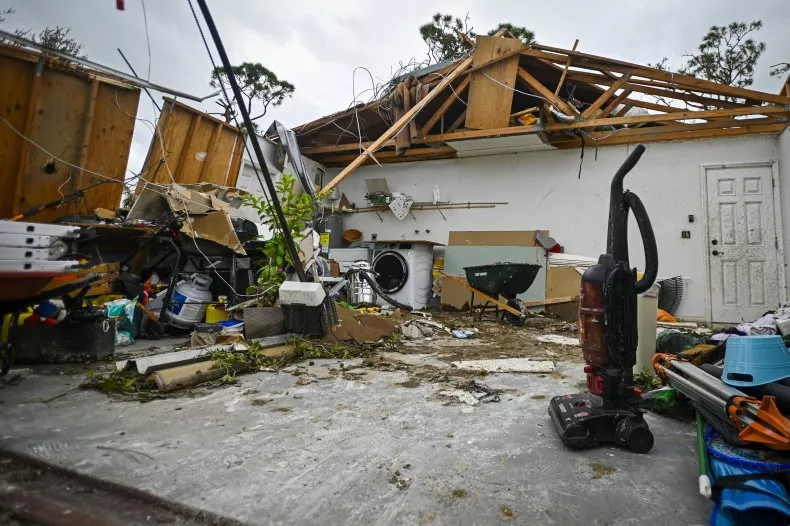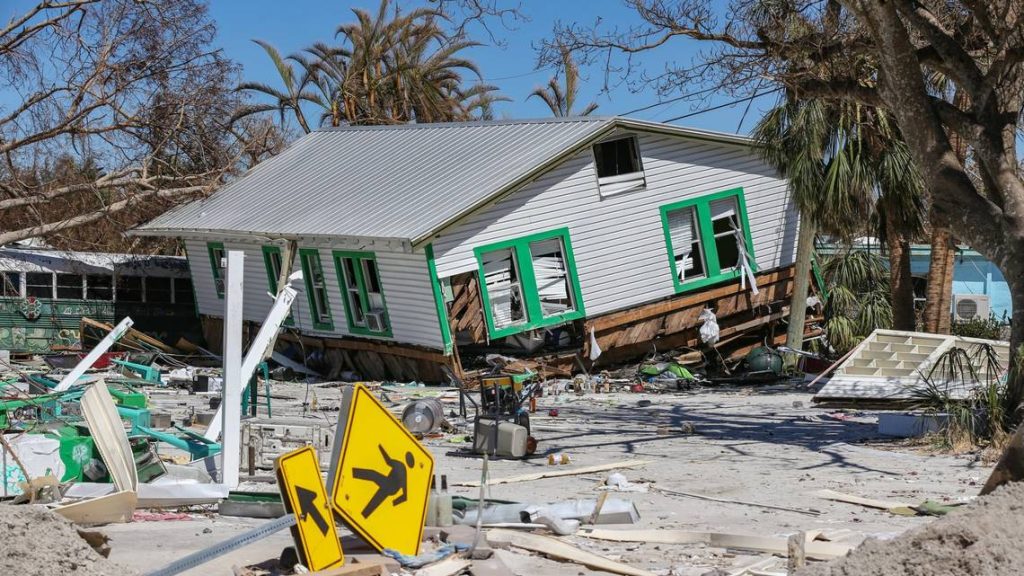In a move that has many Florida residents scratching their heads, major insurers in the state have been sending billions of dollars to their own affiliated companies to cover hurricane losses. While insurers say these funds help speed up repairs and recovery, some policyholders and consumer advocates worry about how much of that money actually reaches the people who need it most.
Behind the Billions
After some of the most destructive hurricanes hit the state, insurers quickly had to figure out how to manage the massive number of claims. To help handle these challenges, companies began moving billions into their affiliated firms. The idea is that by using these internal channels, claims can be processed faster, and repairs can begin sooner. But this method has raised concerns among those who believe that transparency is lacking—and that the everyday policyholder might not see enough of this money when it matters most.
The Human Side of the Story

For Floridians, hurricanes are not headlines—they’re life-changing experiences. When your house is destroyed or your neighborhood is disrupted by a storm, every dollar matters. The news that insurers are sending such massive amounts to their affiliates can seem removed from the ground-level effect of these catastrophes. Individuals are left to wonder whether this tactic really helps those who are rebuilding their lives, or if it is merely a means for large corporations to shift funds around in the background.
Voices from the Community
Local residents, who are still reeling from previous hurricanes, are expressing a combination of hope and skepticism. Some welcome any effort that may accelerate repairs, but others fear that this type of internal financing could result in increased premiums or delayed payouts for individual claims. Consumer groups are calling on the state regulators to take a hard look, calling for greater transparency on how this money is spent and making certain that every dime goes towards allowing families to regain their footing.
What’s Next?
As regulators, industry spokesmen, and members of the public engage in ongoing debate, there’s one fact that’s certain: people want a more open process. People are saying they need to know what the rules are so that when disaster strikes, the money intended to aid recovery actually finds its way to those affected. Ultimately, this’s not about accounting for corporations—it’s about providing Florida families, already so battered, with what they’re entitled to.
In a state that knows hurricanes, this developing narrative is a reminder of the dainty dance between corporate agendas and the actual human toll of natural disasters. As Florida prepares for storms to come, the hope is that every action taken, from billions of dollars in funding to individual claims, is with the intent of really supporting the community.

